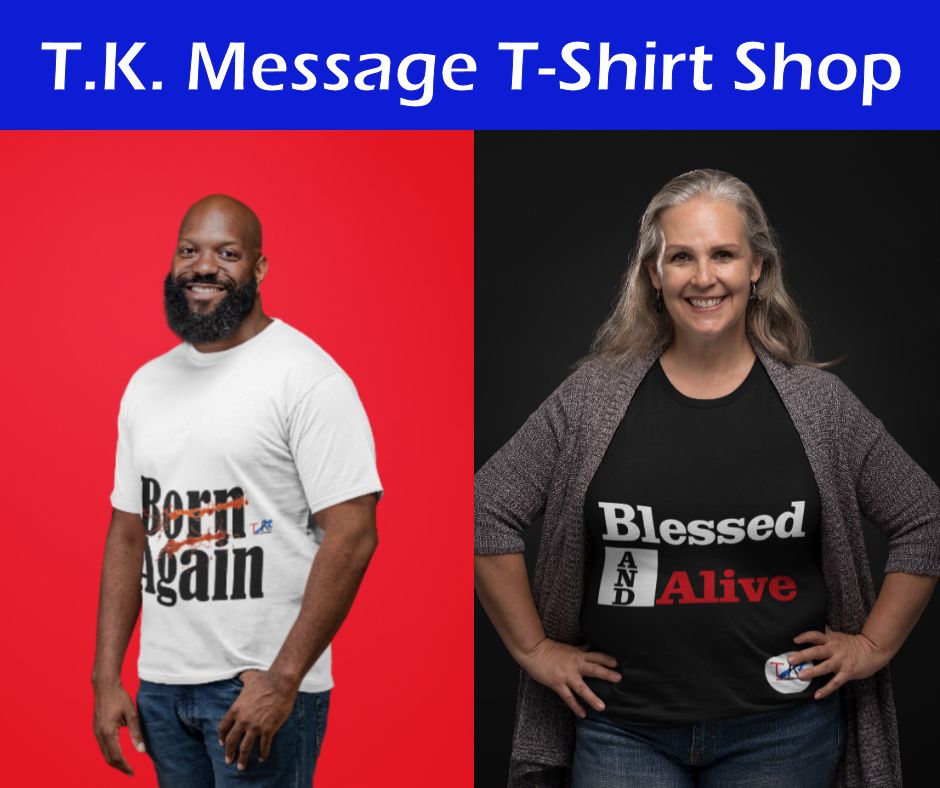Matthew 16:13-18
13 When Jesus came to the region of Caesarea Philippi, he asked his disciples, “Who do people say the Son of Man is?”
14 They replied, “Some say John the Baptist; others say Elijah; and still others, Jeremiah or one of the prophets.”
15 “But what about you?” he asked. “Who do you say I am?”
16 Simon Peter answered, “You are the Messiah, the Son of the living God.”
17 Jesus replied, “Blessed are you, Simon son of Jonah, for this was not revealed to you by flesh and blood, but by my Father in heaven.
18 And I tell you that you are Peter, and on this rock I will build my church, and the gates of Hades will not overcome it.
In the beginning was the Word, and the Word was with God, and the Word was God. He was with God in the beginning. Through him all things were made; without him nothing was made that has been made” (John 1:1–3).
John 17:4 Jesus prayed. I have brought you glory on earth by finishing the work you gave me to do. And now, Father, glorify me in your presence with the glory I had with you before the world began.
Luke 20:41-44
Whose Son Is the Messiah?
41 Then Jesus said to them, “Why is it said that the Messiah is the son of David? 42 David himself declares in the Book of Psalms:
“‘The Lord said to my Lord:
“Sit at my right hand
43 until I make your enemies
a footstool for your feet.”’
44 David calls him ‘Lord.’ How then can he be his son?”
Psalm 110
Of David. A psalm.
1 The LORD says to my lord: “Sit at my right hand until I make your enemies a footstool for your feet.”
2 The LORD will extend your mighty scepter from Zion, saying, “Rule in the midst of your enemies!” 3 Your troops will be willing on your day of battle. Arrayed in holy splendor, your young men will come to you like dew from the morning’s womb.
Dew is a symbol of resurrection (Isaiah 26:19). Just as the earth brings forth it's dew, so also it shall bring forth the dead to new life. Dew is a symbol of the redeemed and resurrected people of God. Dew is associated with manna and thus food (Exodus 16:13-21).
Isaiah 26:19 But your dead will live, LORD; their bodies will rise—
let those who dwell in the dust wake up and shout for joy— your dew is like the dew of the morning; the earth will give birth to her dead.
John 17:4 I have brought you glory on earth by finishing the work you gave me to do. And now, Father, glorify me in your presence with the glory I had with you before the world began.
He was still speaking when, behold, a bright cloud overshadowed them, and a voice from the cloud said, “This is my beloved Son, with whom I am well pleased; listen to him.” Matthew 17:5
Hebrews 1
God’s Final Word: His Son
1 In the past God spoke to our ancestors through the prophets at many times and in various ways, 2 but in these last days he has spoken to us by his Son, whom he appointed heir of all things, and through whom also he made the universe. 3 The Son is the radiance of God’s glory and the exact representation of his being, sustaining all things by his powerful word. After he had provided purification for sins, he sat down at the right hand of the Majesty in heaven. 4 So he became as much superior to the angels as the name he has inherited is superior to theirs.
The Son Superior to Angels
5 For to which of the angels did God ever say, “You are my Son;
today I have become your Father”? Or again, “I will be his Father,
and he will be my Son”? 6 And again, when God brings his firstborn into the world, he says, “Let all God’s angels worship him.”
7 In speaking of the angels he says, “He makes his angels spirits,
and his servants flames of fire.” 8 But about the Son he says,
“Your throne, O God, will last for ever and ever; a scepter of justice will be the scepter of your kingdom.
9 You have loved righteousness and hated wickedness;
therefore God, your God, has set you above your companions
by anointing you with the oil of joy.” 10 He also says, “In the beginning, Lord, you laid the foundations of the earth,
and the heavens are the work of your hands. 11 They will perish, but you remain; they will all wear out like a garment. 12 You will roll them up like a robe; like a garment they will be changed. But you remain the same, and your years will never end.”
13 To which of the angels did God ever say, “Sit at my right hand
until I make your enemies a footstool for your feet”?
14 Are not all angels ministering spirits sent to serve those who will inherit salvation?
John 14: 9-13
Jesus said. Anyone who has seen me has seen the Father. How can you say, ‘Show us the Father’? Don’t you believe that I am in the Father, and that the Father is in me? Jesus says. The words I say to you I do not speak on my own authority. Rather, it is the Father, living in me, who is doing his work. Believe me when I say that I am in the Father and the Father is in me; or at least believe on the evidence of the works themselves.
John 10:30 I and the Father are one.
”For in him all things were created: things in heaven and on earth, visible and invisible, whether thrones or powers or rulers or authorities; all things have been created through him and for him. Colossians 1:16
Jesus answered, “I am the way and the truth and the life. No one comes to the Father except through me. John 14:6
Revelation 1:8 I am the Alpha and the Omega,” says the Lord God, “who is, and who was, and who is to come, the Almighty.”
Jesus Is The Son of God
He was still speaking when, behold, a bright cloud overshadowed them, and a voice from the cloud said, “This is my beloved Son, with whom I am well pleased; listen to him.” Matthew 17:5
















